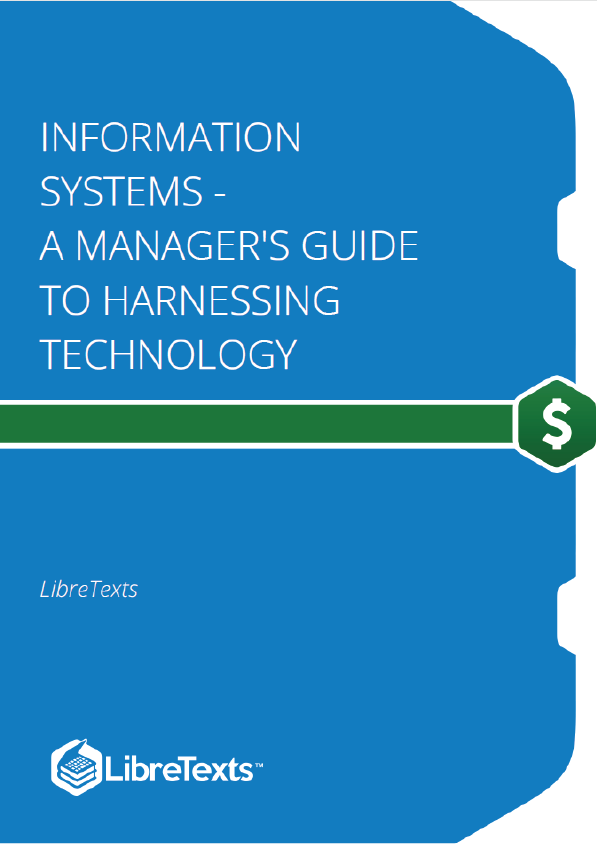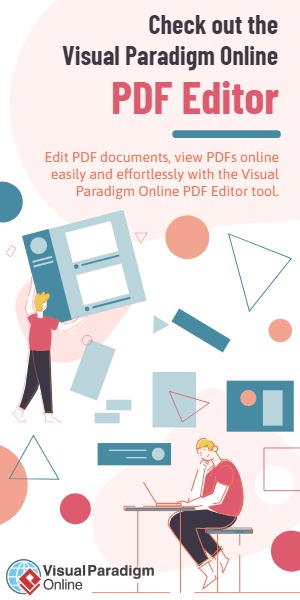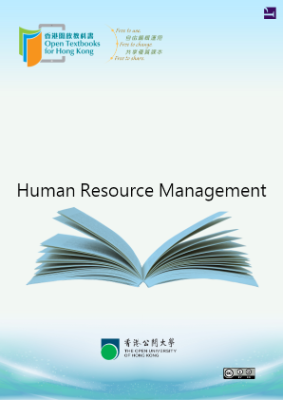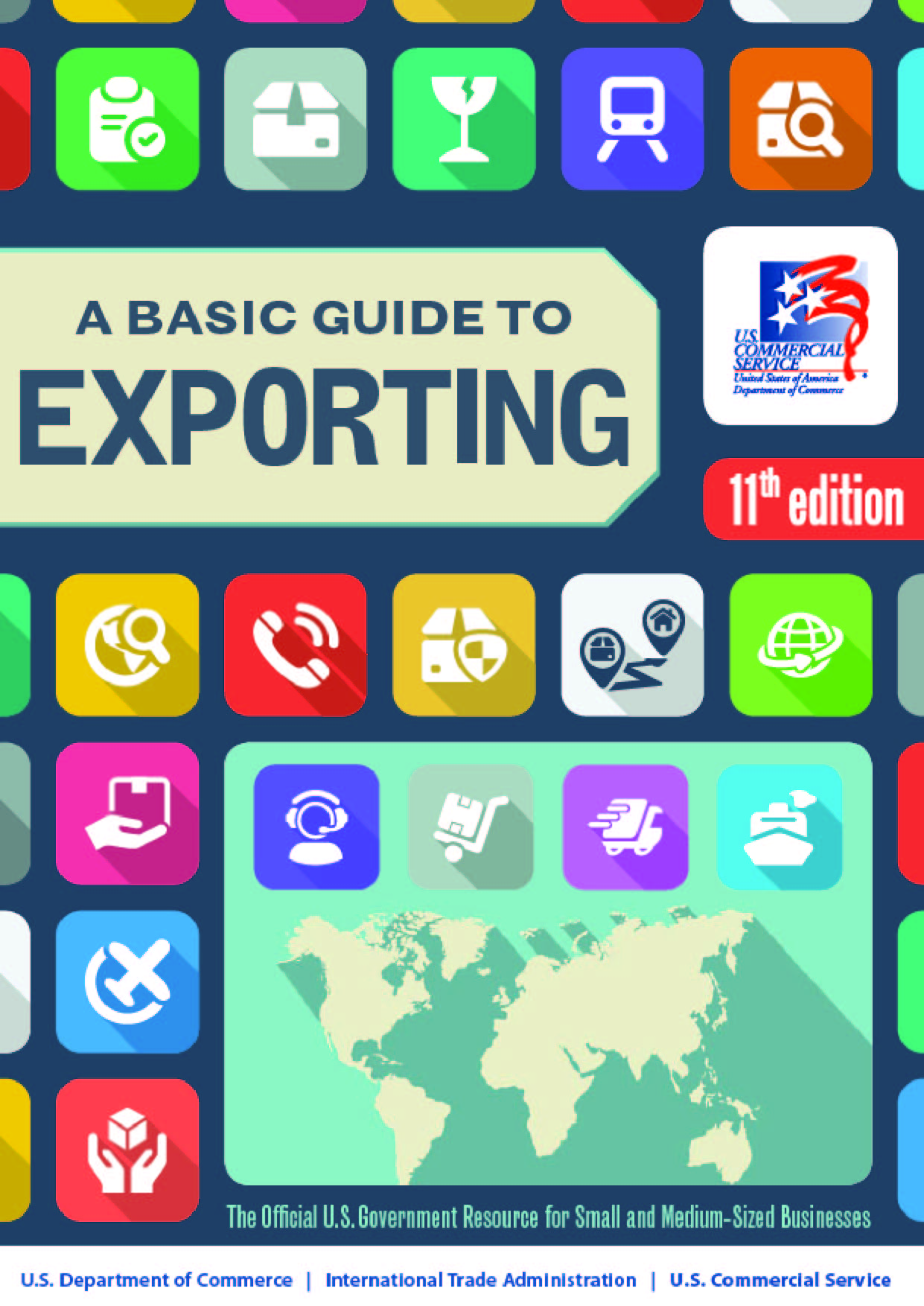Those in other finance careers will be lending to tech firms and evaluating the role of technology in firms in an investment portfolio. Most of you will want to consider tech’s role as part of your personal investments. And modern finance simply wouldn’t exist without tech. When someone arranges for a bridge to be built in Shanghai, those funds aren’t carried over in a suitcase— they’re digitally transferred from bank to bank. And forces of technology blasted open the two-hundred-year-old floor trading mechanism of the New York Stock Exchange, in effect forcing the NYSE to sell shares in itself to finance the acquisition of technology-based trading platforms that were threatening to replace it. As another example of the importance of tech in finance, consider that Boston-based Fidelity Investments, one of the nation’s largest mutual fund firms, spends roughly $2.8 billion a year on technology. Tech isn’t a commodity for finance—it’s the discipline’s lifeblood.
Accounting
If you’re an accountant, your career is built on a foundation of technology. The numbers used by accountants are all recorded, stored, and reported by information systems, and the reliability of any audit is inherently tied to the reliability of the underlying technology. Increased regulation, such as the heavy executive penalties tied to the Sarbanes-Oxley Act in the United States, have ratcheted up the importance of making sure accountants (and executives) get their numbers right. Negligence could mean jail time. This means the link between accounting and tech have never been tighter, and the stakes for ensuring systems accuracy have never been higher.
Business students might also consider that while accounting firms regularly rank near the top of BusinessWeek’s “Best Places to Start Your Career” list, many of the careers at these firms are highly tech-centric. Every major accounting firm has spawned a tech focused consulting practice, and in many cases, these firms have grown to be larger than the accounting services functions from which they sprang. Today, Deloitte’s tech-centric consulting division is larger than the firm’s audit, tax, and risk practices. At the time of its spin-off, Accenture was larger than the accounting practice at former parent Arthur Andersen (Accenture executives are also grateful they split before Andersen’s collapse in the wake of the prior decade’s accounting scandals). Now, many accounting firms that had previously spun off technology practices are once again building up these functions, finding strong similarities between the skills of an auditor and skills needed in emerging disciplines such as information security and privacy.
Marketing
Technology has thrown a grenade onto the marketing landscape, and as a result, the skill set needed by today’s marketers is radically different from what was leveraged by the prior generation. Online channels have provided a way to track and monitor consumer activities, and firms are leveraging this insight to understand how to get the right product to the right customer, through the right channel, with the right message, at the right price, at the right time. The success or failure of a campaign can often be immediately assessed base on online activity such as Web site visit patterns and whether a campaign results in an online purchase.
The ability to track customers, analyze campaign results, and modify tactics has amped up the return on investment of marketing dollars, with firms increasingly shifting spending from tough-to-track media such as print, radio, and television to the Web (Pontin 2009). And new channels continue to emerge. Firms as diverse as Southwest Airlines, Starbucks, UPS, and Zara have introduced apps for the iPhone and iPod touch. In less than four years, the iPhone has emerged as a channel capable of reaching over 75 million consumers, delivering location-based messages and services, and even allowing for cashless payment.











